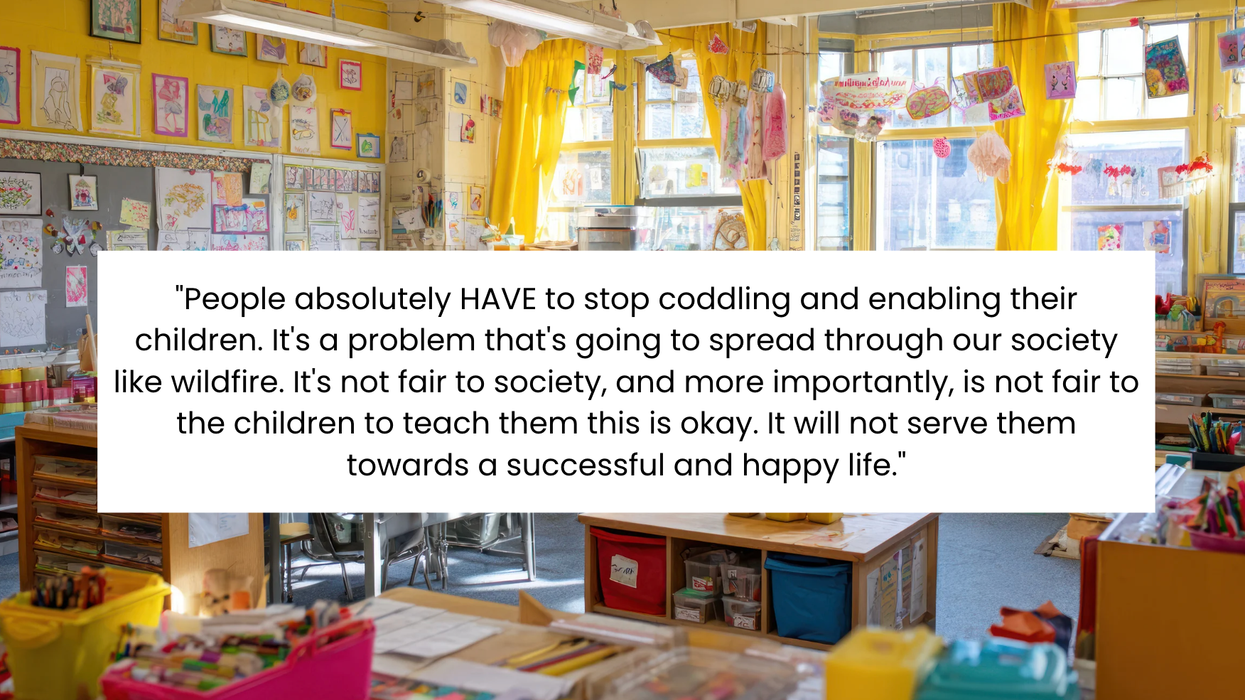As a kid, I never really felt I was part of a global community. Having moved from my home in Colombia to America at age five, assimilating to a new setting and new culture was a great challenge. In America, it was really hard for me to feel a part of the relatively homogenous Minnesota environment where I grew up.
But today, some of these lonely feelings I felt as a child have been ameliorated by the proliferation of technology and connectivity; regardless of physical location, we are far more able to connect with others. Our smartphones—our new digital horizon—allow us to connect with others worldwide with just a fingertip.
It’s not just that technology is changing—it’s that technology is changing us, perhaps faster than ever before in our shared history. Too often, we wonder passively whether these changes are for better or worse, failing to understand that we’re active participants in our relationship with tech. We get to decide whether we use it for good or for apathy. Whether we shut out the world and isolate ourselves in our devices, or harness their limitless power for something greater than ourselves.
I must admit, when I started the Global Gaming Initiative nearly three years ago with the mission of connecting mobile phone gamers with humanitarian charities, I didn’t fully appreciate what kind of uncharted territory I was walking into. Since starting this venture, though, the landscape has developed beyond my wildest expectations. Today, I’m overjoyed for GGI to count itself the peer of a growing number of mobile developers challenging technological platforms and creative mediums to step up their game and do something more for society. Rice Vocabulary, Get Water! for India, Budge, Hum This!, the Humble Bundle—these are just a few of the full list of creators utilizing the convenient accessibility and fun of mobile games to incentivize micro-donations, exploiting the unprecedented reach of the smartphone to connect gamers with goodwill around the world.
Our own app, Sidekick Cycle, a free-to-play, downhill cycling game recently released on the iTunes App Store, does things a little differently. First, we deal exclusively with tangible, sustainable goods that meet a real-world, basic need. When you spend money in Sidekick Cycle, proceeds go directly toward purchasing a bike for someone in need through World Bicycle Relief. There’s a persistent benefit to owning a bike in the developing world, and it’s multiplicative—with the simple, invaluable gift of mobility, you can get to school, commute to work, or reach a clinic when a family member falls ill. Moreover, a physical, lasting good allows us to deliver easy feedback to our users; in-game metrics, keep Sidekick Cycle players constantly looped in to how great an impact the community has made playing together. We’re already giving out real bikes from proceeds of the game, which feels great.
As the wave of mobile giving games takes root and matures, I think that emphasis on transparency is going to be more and more important. With a growing marketplace comes competition—with each other, but also with plain, old, traditional games—and so the most successful titles are going to be the ones that best tap into that underlying gamer itch for achievement. And that triumph only comes in seeing the results of your efforts.
Because that’s what this “change in your pocket” movement has to be about—connecting your simple, virtual act of play with a powerful, real-world act of kindness.
















 Otis knew before they did.
Otis knew before they did.